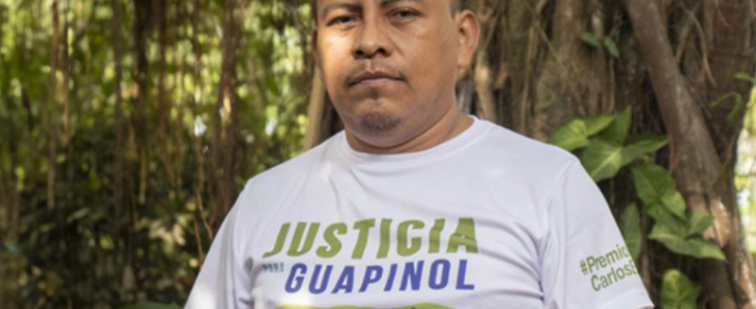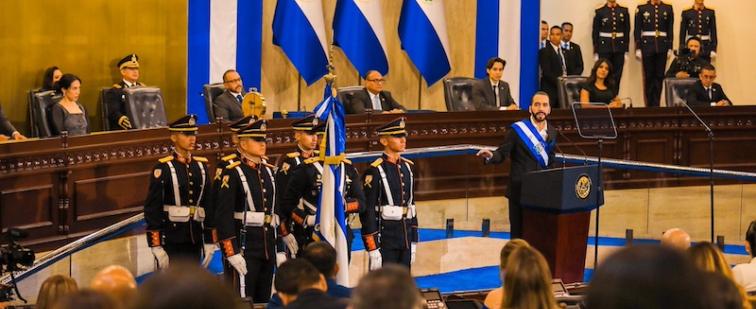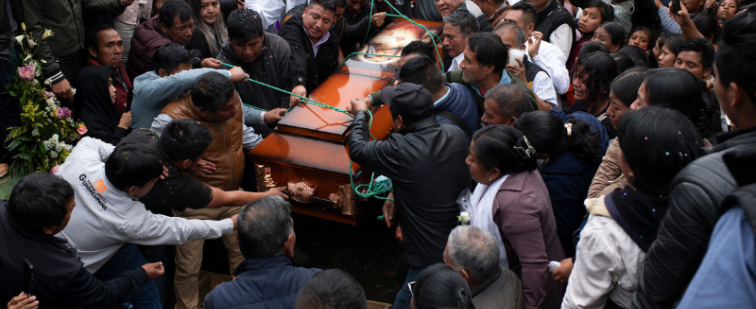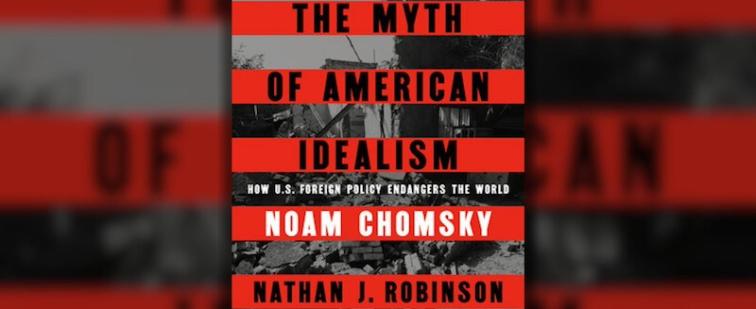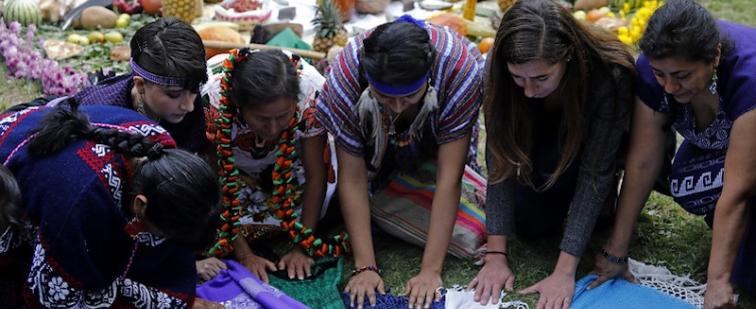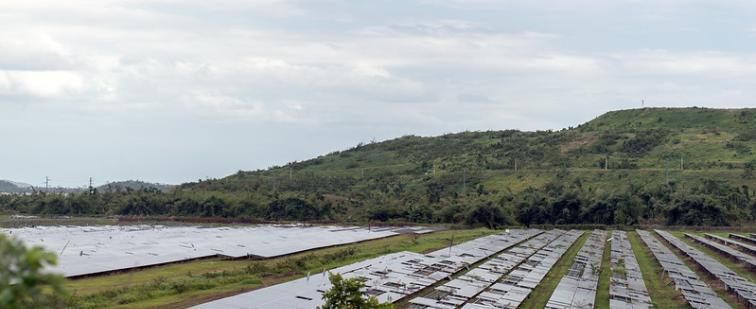Home
Inside the BAUEN Hotel, one of Argentina's worker-run workplaces, janitors, repairmen, receptionists and maids sit in an assembly with worried but determined faces and sheets of paper in hand. Each of the workers, some of whom have been working at the hotel since it was built in 1978, hold a court ordered eviction notice, a judicial document notifying the workers they must abandon the hotel or police will force them to leave.
On the outskirts of Guatemala City the body of an 18-year-old woman of indigenous ethnicity was recently discovered by her frantic parents who had been searching long and hard. Forensic evidence showed that she had been repeatedly raped and tortured and that her head had been severed from her body with a blunt knife while she was still alive.
The world was stunned when it woke on New Year’s Day 1994 to news of an armed uprising in the mountains of Mexico. In an era of supposed global prosperity and stability, pundits were baffled revolutionary movements still existed. But by the time the masked Zapatista rebels left the jungle to make their international debut, the first revolution of the Zapatista Army of National Liberation (EZLN) had actually already occurred.
The heads of Wal-Mart’s local Argentine affiliate recently embarked on a multimillion-dollar investment surge aimed at expanding the company’s commercial base in the country. Meanwhile, the mega-store chain was purging pro-union personnel and hiring thugs associated with the country’s last military dictatorship.
Despite a vigorous nationwide search and a handful of traffic-snarling protests, Edward Francisco Contreras is still missing. The 21-year-old student activist disappeared February 7, and his father and friends say they have made little headway in finding him.
Buenos Aires has just elected a mustachioed, millionaire mayor who owns Argentina's most popular soccer team. Mauricio Macri is Argentina's answer to Italy's Silvio Berlusconi or New York's Michael Bloomberg. The only difference being shades of ideology, gradations of fabulous wealth and the fact that Macri's high-profile business is not media, but sport. In the fractured Argentine capital where the sentimiento for soccer is virtually the only language that cuts across class and ideological differences, that counts for a lot.
A much awaited human rights abuse trial is underway in Argentina. The accused is a Catholic priest charged with carrying out human rights abuses while working in several clandestine detention centers during the nation's 1976-1983 military dictatorship. The priest was arrested four years ago while living under an alias in Chile. This is the latest human rights trial of accused torturers since the landmark conviction of a former police officer for genocide in 2006.
The Madeira River in western Brazil is the Amazon's longest tributary and one of the best-preserved tropical waterways and jungle corridors in the world. A project for two massive dams on its remote upper reaches has long been a matter of controversy, not only among environmentalists, but also among Brazilian technocrats unsure of the risks.
The unequal relationship between the U.S. and Puerto Rico is perceived by some as an anachronistic remnant of the colonial era. The current status of Puerto Rico, an unincorporated territory of the U.S., allows the federal government to unilaterally impose a range of measures on the island without enfranchising the people to have a voice in the legislative process.
Last year, when residents in Santa Eduviges entered their second month without running water, everyone knew something had to be done. A town assembly was called. Community members expressed outrage that the water company’s $7 per month bill always arrived on time, but taps barely flowed. When they did, the liquid that came out was an ugly brown.

